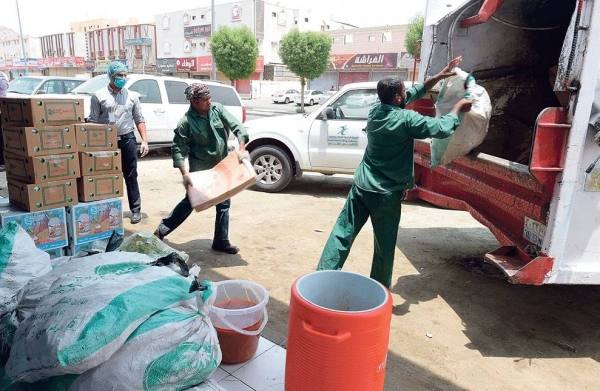The Economic Crimes Prosecution has accused three expatriates of committing fraud related to food products. The investigation revealed that these products were expired, of unknown origin, and improperly stored. The accused allegedly displayed and stored over 55 tons of poultry of unknown origin, re-packaged them with false labels, and included incorrect production dates and locations. The suspects have been detained and referred to the criminal court, where the prosecution is seeking penalties in accordance with the anti-commercial fraud and commercial data bylaws.
The Public Prosecution emphasized its commitment to pursuing strict legal penalties against those who engage in criminal acts that endanger human health. This case serves as a reminder of the importance of ensuring the safety and quality of food products. Consumers rely on accurate information about the products they purchase to make informed choices about what they eat. Fraudulent practices not only undermine consumer trust but also pose serious risks to public health.
Food fraud is a global issue that can have serious consequences. In this case, the accused allegedly engaged in deceptive practices that compromised the safety and integrity of food products. By selling expired and improperly stored poultry with false labels, the suspects put consumers at risk of consuming unsafe and potentially harmful products.
The prosecution’s efforts to hold the accused accountable for their actions send a strong message that fraudulent practices will not be tolerated. Strict penalties for commercial fraud and data manipulation are essential to deter individuals and companies from engaging in illegal activities that harm consumers and threaten public health.
As consumers become increasingly concerned about the safety and quality of the food they consume, it is crucial for authorities to crack down on fraudulent practices in the food industry. By enforcing anti-commercial fraud laws and regulations, the Public Prosecution is taking a proactive stance to protect consumers from potential harm.
Ultimately, ensuring the safety and integrity of food products is a shared responsibility that requires cooperation between government agencies, law enforcement, and the public. By holding those who commit food fraud accountable, authorities can deter others from engaging in similar illegal practices and help safeguard the health and well-being of consumers. The continued vigilance of the Public Prosecution in prosecuting cases of food fraud is essential to upholding the integrity of the food supply chain and protecting public health.










